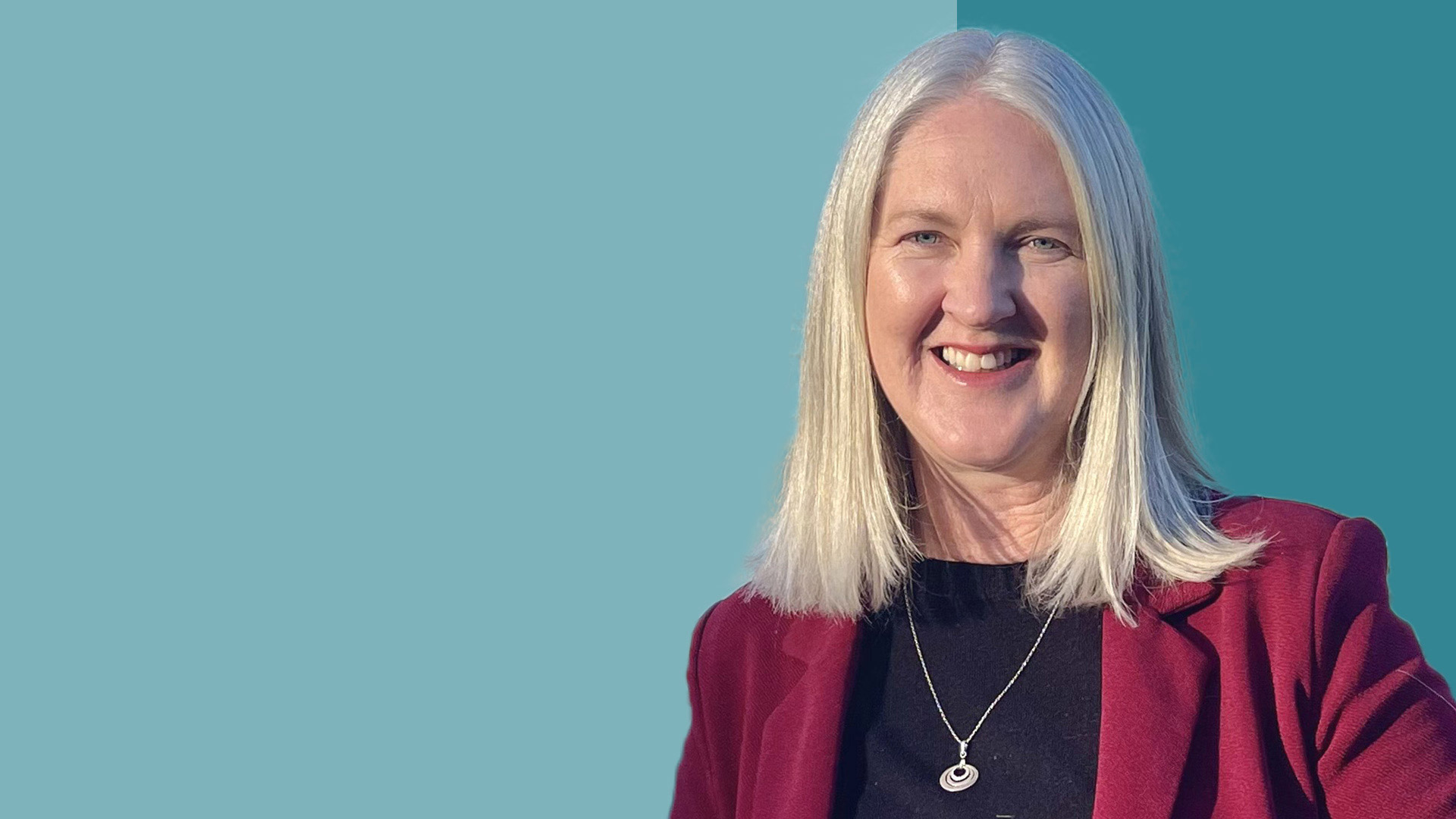Building healthy work habits

Some things can be done on a company-wide or management level, while other things can be implemented by individuals. If your team sees you embracing healthy habits in the workplace, it can be an immense encouragement to them to do the same and gain the benefits of a more energising work environment.
Acknowledge the person behind the task
While work requires efficient, continual execution of tasks, it’s important to ensure that the people who are doing the work feel seen and valued. This can take the form of a thank you email, giving someone an afternoon off if they have worked extra hours on a project, or simply naming and honouring them in a meeting or other public forum. If people see their leaders adopting this behaviour, they will feel empowered to acknowledge and value those around them rather than competing with them and creating a negative, selfish standard of teamwork.
Healthy bodies, healthy minds
A healthy workplace encompasses employees’ physical health too. Consider ways to help your people be healthier, whether it’s having subsidised mental health professional appointments available or establishing an office gym or running/walking club.
Other options for small improvements could include giving everyone a reusable water bottle they can keep on their desks and refill from a water cooler to encourage them to stay hydrated throughout the day. Ditch the biscuits for meetings and serve healthy snacks of fruit and nuts.
If there aren’t any already, bringing plants into your office and encouraging your colleagues to do the same can have benefits for mental health and productivity. Studies have shown that plants decrease stress, have a significantly positive impact on productivity, and boost creativity.
Standing, walking, talking
Creating spaces and opportunities for increased physical movement during the day can also help. This could include having standing desks, adaptable desks that can be changed from sitting to standing mode, or even standing meetings that have the double benefit of keep meetings shorter and allowing people to have a break from sitting during their day.
Creating communal spaces in the office can give people the opportunity to have more frequent, varied group engagements throughout the day. This can boost organic, social relationships and contribute to improved collaboration when it comes to working together on a task or project.
Reduce after-hours communication
If you understand that your employees are real people with relationships and lives outside of the office, you’ll want to help them be healthier overall by protecting those parts of their lives too. Happier, healthier people are far nicer and more productive in the office.
Respecting people’s personal lives and keeping after-work communication to a minimum can help your employees unplug from their jobs. This allows them to come into the office in the morning fresh, with a clear head, and ready to give their all.
Establishing this as a norm often starts with a manager setting the example of not calling or requiring immediate responses to emails outside of office hours.
Welcome feedback
Along with showing recognition to the people who produce good work, listening to people in your teams is hugely important for creating a positive working environment. Develop the habit of continuously asking for feedback about things that have been done well and things that could be done better. When your team sees your openness to a range of feedback, they will begin to trust you more. This also helps people feel empowered and encourages them to take ownership of the working environment, rather than simply feeling pulled and pushed by a static, uncompromising company culture.
From small to big changes, at the heart of a desire to create a healthy workplace is the recognition that people matter and that without great employees, a company won’t be able to achieve great things. Productivity levels are strongly influenced by a working environment and company culture, and intentional effort in these areas can bring about personal and organisational success.
AUTHOR | FR (Rhys) Robinson PhD is Executive Director, Infinitus Reporting Solutions (Pty) Ltd
This article was first published by SAICA on 1/05/2020. You can read the original version here.












